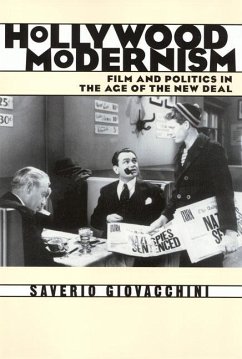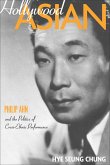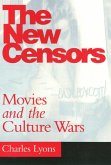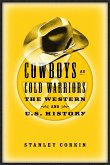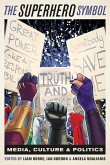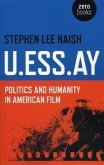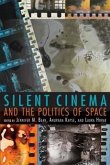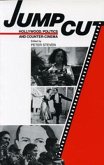Hollywood culture has been dismissed as insignificant for so long that film buffs and critics might be forgiven for forgetting that for two decades an unprecedented interaction of social and cultural forces shaped American film. In this probing account of how a generation of industry newcomers attempted to use the modernist art of the cinema to educate the public in anti-Fascist ideals, Saverio Giovacchini traces the profound transformation that took place in the film industry from the 1930's to the 1950's. Rejecting the notion that European emigres and New Yorkers sought a retreat from politics or simply gravitated toward easy money, he contends that Hollywood became their mecca precisely because they wanted a deeper engagement in the project of democratic modernism. Seeing Hollywood as a forcefield, Giovacchini examines the social networks, working relationships, and political activities of artists, intellectuals, and film workers who flocked to Hollywood from Europe and the eastern United States before and during the second world war. He creates a complex and nuanced portrait of this milieu, adding breadth and depth to the conventional view of the era's film industry as little more than an empire for Jewish moguls or the major studios. In his rendering Hollywood's newcomers joined with its established elite to develop a modernist aesthetic for film that would bridge popular and avant-garde sensibilities; for them, realism was the most effective vehicle for conveying their message and involving a mass audience in the democratic struggle for progress.
Hinweis: Dieser Artikel kann nur an eine deutsche Lieferadresse ausgeliefert werden.
Hinweis: Dieser Artikel kann nur an eine deutsche Lieferadresse ausgeliefert werden.

